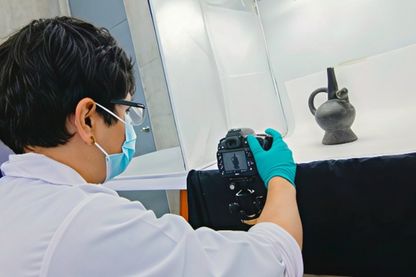
jue., 11 dic. 2025
La Fundación Wiese prepara nuevo libro sobre las colecciones arqueológicas de El Brujo
Las colecciones arqueológicas de El Brujo: Materiales para la memoria social del Valle de Chicama (Perú)
Ver más →Información acerca de temas importantes.



jue., 11 dic. 2025
Las colecciones arqueológicas de El Brujo: Materiales para la memoria social del Valle de Chicama (Perú)
Ver más →
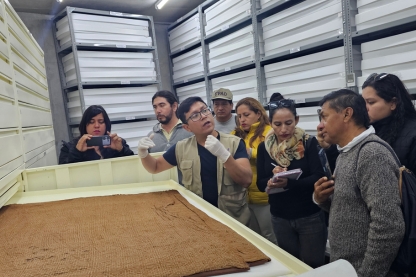
jue., 20 nov. 2025
Ver más →


sáb., 15 nov. 2025
Ver más →

jue., 13 nov. 2025
Ver más →
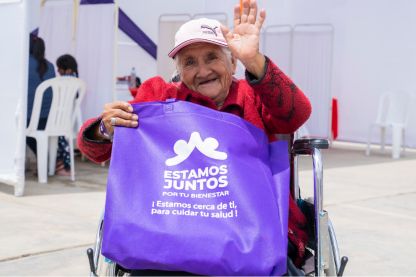
mié., 12 nov. 2025
Con el propósito de promover la salud y el bienestar en las comunidades más necesitadas, la Fundación Wiese realizó con éxito la campaña integral de salud “Estamos juntos por tu bienestar”.
Ver más →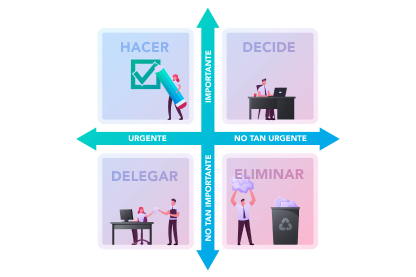
mié., 12 nov. 2025
Ver más →
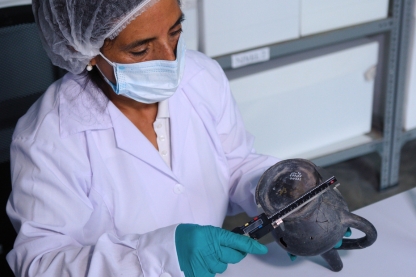
vie., 31 oct. 2025
Ver más →
Si tienes interés en colaborar con la Fundación Wiese, te invitamos a enviarnos un mensaje.
Correo : info@fundacionwiese.org
Teléfono : 01 611 4353